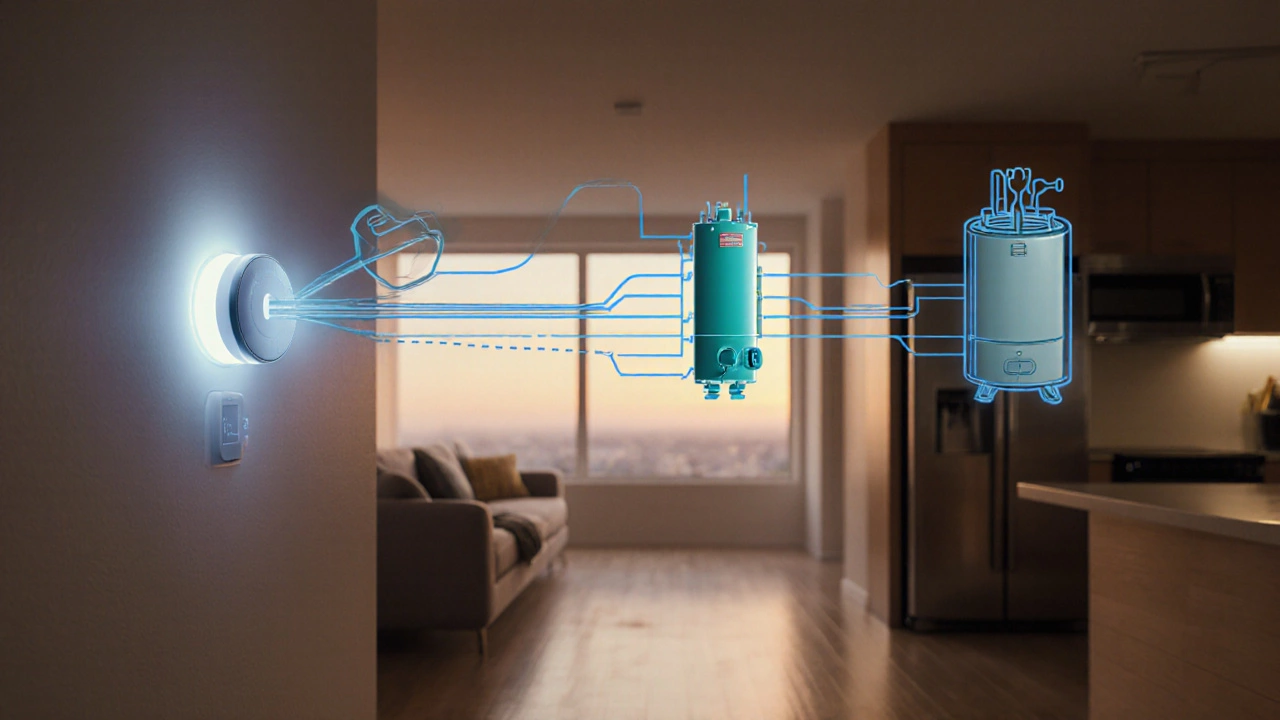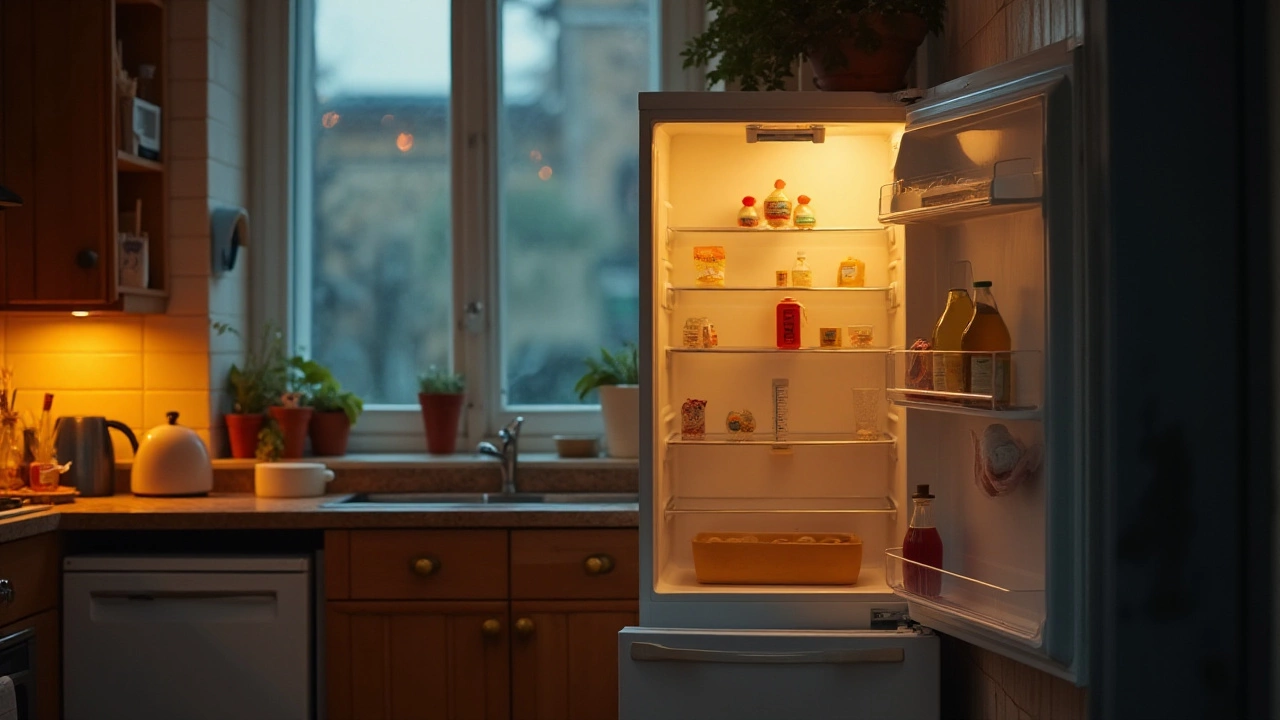Ever looked at your electricity bill and wondered why it’s so high? You’re not alone. Most of us use more power than we think, and a few small changes can make a big difference. This guide breaks down why electricity consumption matters, gives you practical tips to save, and shows how to pick appliances that won’t drain your wallet.
Every kilowatt‑hour you use adds up. Higher consumption means higher bills, and it also puts a strain on the power grid. The good news is that most of the energy we waste is easy to spot. Old kettles, inefficient dishwashers, and even standby modes on TVs can add up to hundreds of pounds a year. Understanding where the energy goes lets you target the biggest waste spots first.
Start with the kitchen – it’s usually the biggest energy hog. Swap a traditional kettle for a high‑tech water heater or an instant hot‑tap; you’ll heat water only when you need it and avoid boiling extra water. When buying new appliances, look for energy‑rating labels and compare real‑world usage, not just the price tag. Bundles may seem cheap, but they often include items you don’t need, pushing up overall consumption.
Turn off devices completely instead of leaving them on standby. A power strip makes this simple: plug your TV, gaming console, and charger into it, then flip the switch when you’re done. For laundry, wash with full loads and use cold water whenever possible – heating water is a major electricity drain. If you’re considering a new fridge, remember that size matters – a smaller unit can be more efficient, but only if it meets your storage needs.
Smart appliances sound cool, but they’re not a free pass to higher usage. Make sure the Wi‑Fi features actually help you save, like remote scheduling that avoids running the dishwasher at peak hours. If an appliance seems overly complex, weigh the convenience against the extra power it draws.
Finally, keep an eye on your energy meter. Many UK homes now have smart meters that show real‑time usage. Spotting a sudden spike can point to a faulty appliance or a habit you can change. Small actions – like using a dishwasher only when it’s full or switching off lights when you leave a room – add up quickly.
By focusing on these areas, you’ll see a noticeable drop in your electricity consumption without sacrificing comfort. The right choices today keep your bills low tomorrow, and you’ll feel good knowing you’re using energy smarter.

Discover which home appliances consume the most electricity, see average kWh usage, and learn practical steps to cut your power bill.

People often wonder if an empty fridge uses more electricity than a full one. This article delves into how the contents of a fridge affect its energy consumption, exploring scientific explanations behind temperature regulation and energy efficiency. Tips are provided for maximizing the efficiency of your fridge, explaining why organizing your fridge can indeed impact energy usage. Additionally, this article touches on common misconceptions about fridge storage and energy constants.